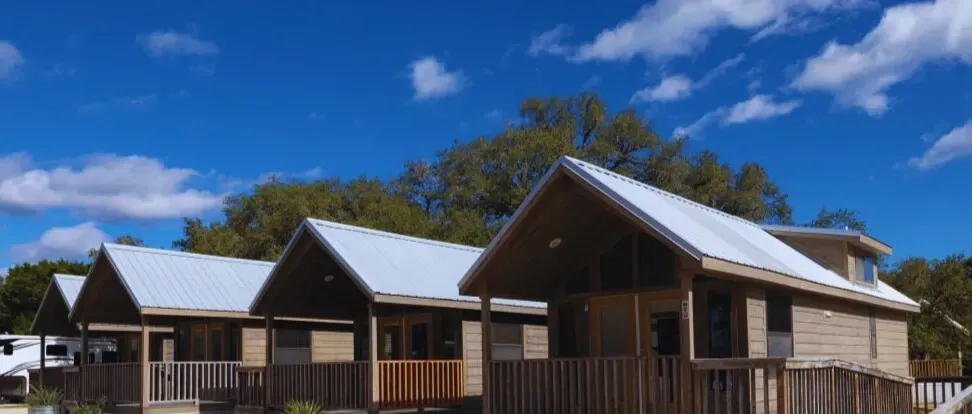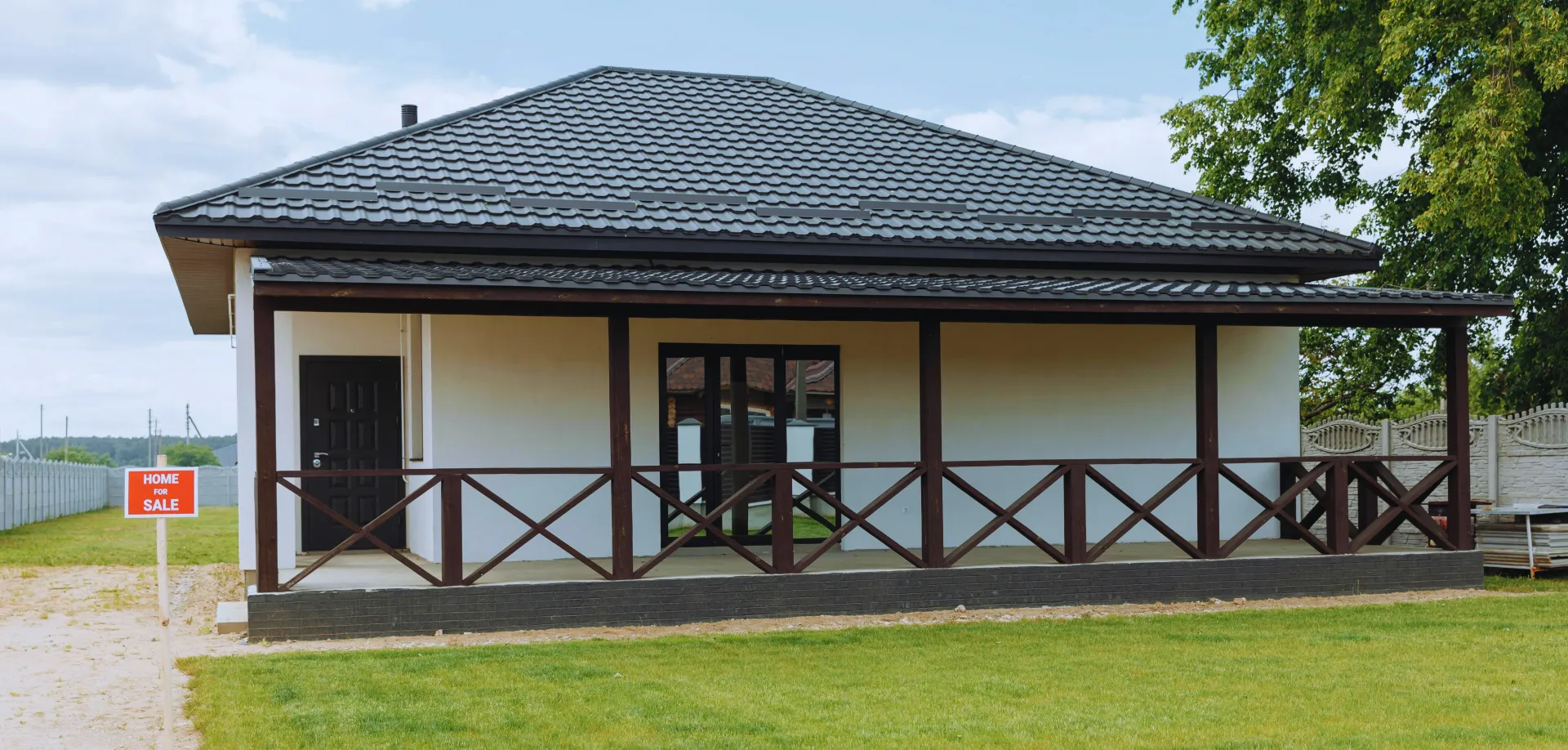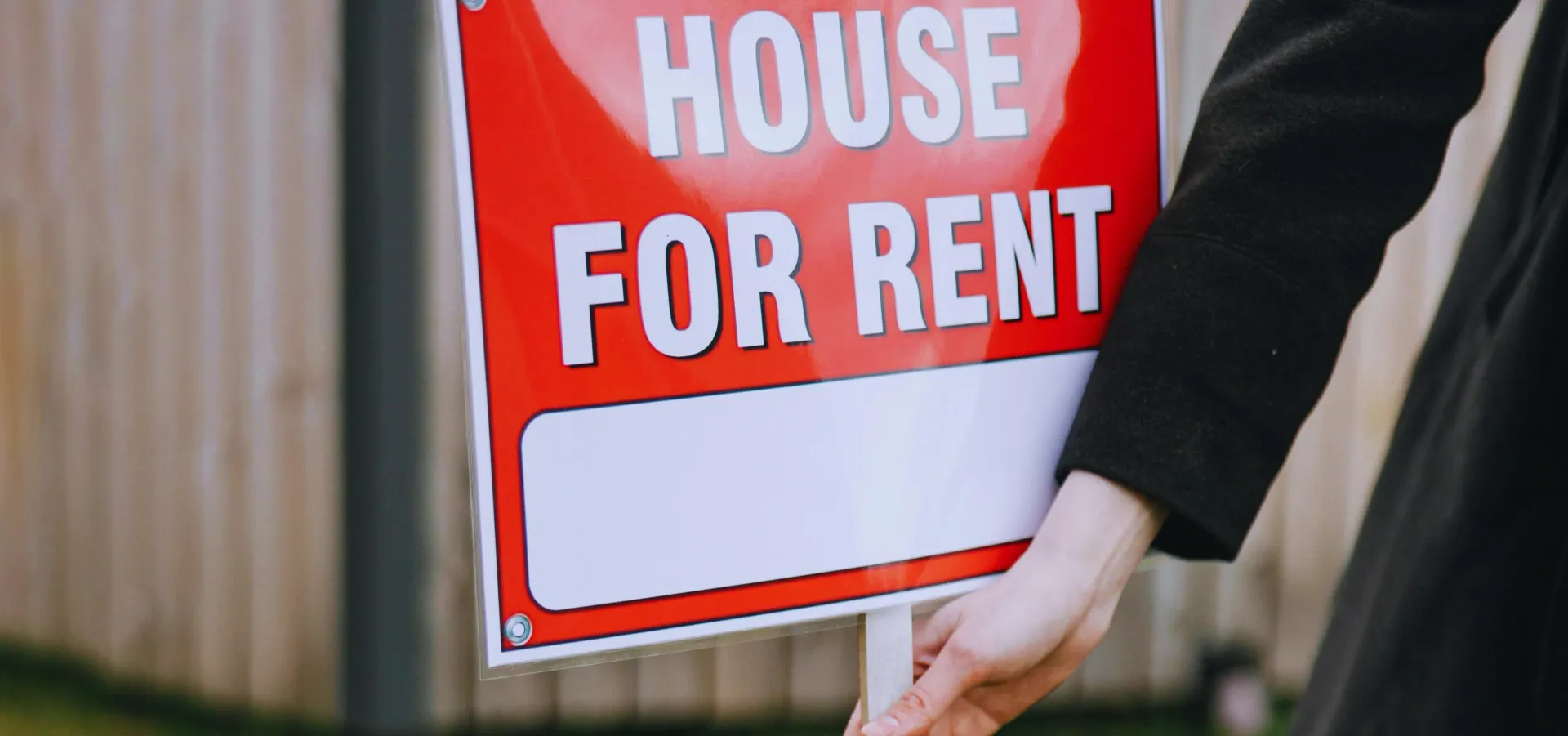Key Factors to Consider in Las Vegas Commercial Real Estate Investments
Looking to invest in commercial real estate? Discover the top key factors to consider in Las Vegas commercial real estate investments to make smarter, more profitable decisions.
Introduction
Las Vegas is far more than just glitz, glamour, and gambling. It's becoming one of the most dynamic commercial real estate markets in the United States. Whether you're a seasoned investor or just starting out, understanding the key factors to consider in Las Vegas commercial real estate investments can make the difference between a profitable venture and a risky gamble.
From the Strip to Summerlin, Las Vegas boasts high foot traffic, a booming economy, and unique property opportunities that make it ideal for commercial investments. But before diving in, investors must examine several critical components.

Key Factors to Consider in Las Vegas Commercial Real Estate Investments
Investing in commercial real estate is a long-term game that requires foresight, patience, and strategy. In Las Vegas, it’s not just about buying a building. You need to look at market trends, demographics, location data, zoning laws, ROI, and more. Let’s explore each element in detail to help you make informed decisions.
Location Dynamics in Las Vegas
The location of your commercial property is arguably the most important factor in your investment strategy. Areas such as Downtown Las Vegas, The Strip, and Summerlin are high-demand zones. However, East Las Vegas and North Las Vegas are growing rapidly and might offer lower entry points with high appreciation potential.
Look for:
- Proximity to major roads and highways
- High visibility and foot traffic
- Nearby amenities and businesses
Strategically choosing your property's location can greatly affect rental yields and future resale value.
Economic Trends and Market Growth
Las Vegas has shifted from a tourism-dependent economy to a more diversified one, embracing tech, logistics, and healthcare sectors. As of recent reports, commercial real estate demand is spurred by:
- Business relocation from higher-tax states
- A steady increase in small business formations
- Infrastructure development in suburban areas
Keeping tabs on economic indicators like job growth, GDP, and business licensing trends can help predict real estate trends.
Tourism’s Impact on Commercial Real Estate
Las Vegas draws over 38 million visitors annually, which creates consistent demand for commercial properties—especially in hospitality, retail, and entertainment sectors. The city's world-renowned conventions and entertainment hubs bring year-round foot traffic.
If your investment strategy includes retail shops, entertainment venues, or hotels, align your location with tourist-heavy zones for optimal returns.
Zoning Regulations and Legal Compliance
Before purchasing any property, investors must navigate zoning laws, permits, and building codes. Las Vegas has specific zoning categories for:
- Commercial general (C-2)
- Professional office (P-O)
- Mixed-use zones (MX-D)
Understanding the permitted uses of a property ensures you don’t run into legal complications post-purchase. Always consult the Clark County zoning department or work with a trusted Las Vegas commercial realtor for clarity.
Property Types and Investment Goals
Are you targeting long-term rentals, quick flips, or business operations? Choose your property type accordingly:
- Retail spaces for shopping districts
- Office buildings in business parks
- Industrial warehouses for e-commerce
- Hospitality buildings for tourism-related ventures
Define your investment goals early so you can align the asset class with expected income and appreciation models.
Demographic Trends and Consumer Behavior
Las Vegas is seeing a population increase, with more millennials and remote workers moving in due to affordability and lifestyle. These demographic shifts influence commercial space usage.
Millennials prefer:
- Mixed-use properties
- Walkable neighborhoods
- Tech-enabled spaces
Understanding these trends helps target properties that match consumer demand.
Infrastructure and Transportation Access
Las Vegas is investing heavily in roads, highways, and public transport. Future-forward developments include:
- Expansion of I-15 and I-215
- Bus rapid transit (BRT)
- Walkability in key districts
Ensure your property has easy access to transportation to attract tenants and clients.
Return on Investment (ROI) Metrics
Before investing, calculate ROI using:
- Cap rate
- Cash-on-cash return
- Net operating income (NOI)
A good cap rate for Las Vegas commercial property generally ranges between 5%–8%. Analyze all operating costs, expected income, and market comparables before committing.

Risk Assessment and Mitigation Strategies
Every investment carries risk. In Las Vegas, consider:
- Tourism volatility
- Water shortages and environmental policies
- Economic downturns
Diversify your portfolio, consider triple-net leases, and invest in well-occupied areas to minimize risk.
Financing Options for Commercial Properties
There are multiple financing avenues:
- Traditional bank loans
- SBA 504 and 7(a) loans
- Real Estate Investment Trusts (REITs)
- Private funding
Talk with financial advisors who understand the Las Vegas market to select the best structure.
Working with a Las Vegas Commercial Realtor
Local expertise matters. A licensed Las Vegas commercial realtor provides insights on off-market deals, market trends, and investment analysis. They’re essential partners in evaluating property value and negotiating the best terms.
Tenant Demand and Lease Structures
Know what your tenants want:
- Long-term stability
- Triple net (NNN) leases
- Flexible leasing terms
High tenant retention reduces vacancy risks and increases cash flow. Focus on sectors with high demand, like healthcare, logistics, and tech startups.
Technology and Smart Building Trends
Investing in smart commercial buildings is future-proofing. Tenants expect:
- Smart lighting and HVAC systems
- Automated security
- Energy-efficient infrastructure
These upgrades not only attract premium tenants but also reduce operational costs.
Sustainability and Green Building Practices
Green building is no longer a luxury—it’s becoming a requirement. LEED-certified buildings, solar power systems, and efficient plumbing increase a property’s desirability and long-term value.
Bonus: Sustainable properties often qualify for tax breaks.
Tax Implications and Incentives in Nevada
One major draw of Las Vegas is its tax-friendly climate. Nevada has:
- No personal income tax
- Favorable depreciation rules
- Incentives for renewable energy
However, consult a tax advisor to ensure compliance and maximization of benefits.
Using Data and Analytics in Decision-Making
Use property analytics tools to:
- Track rental rates
- Monitor market trends
- Evaluate competitor performance
Data-driven investing leads to better decision-making and lower risks.
Exit Strategies for Commercial Investors
Plan your exit from day one. Options include:
- Resale at peak market value
- 1031 Exchange into another property
- Redevelopment into mixed-use spaces
Knowing your exit ensures better planning and faster returns.
Conclusion
Investing in Las Vegas commercial real estate can be both lucrative and exciting. But it’s not a roll of the dice—you need strategy, insight, and the right partners to navigate the market. By understanding these key factors to consider in Las Vegas commercial real estate investments, you’re taking a strong step toward long-term financial success. If you're ready to take the next step, get in touch with a trusted professional through their contact page.
FAQs
What makes Las Vegas a great city for commercial real estate investment?
Las Vegas has strong tourism, tax benefits, and a growing population—all of which drive demand for commercial properties.
Is investing in retail properties still profitable in Las Vegas?
Yes, especially in high-traffic areas like The Strip and Fremont Street, retail still brings strong returns.
How do I know which neighborhood to invest in?
Study market trends, traffic flow, and population growth. Downtown and Summerlin are excellent choices for many investors.
What are the legal risks of commercial real estate in Las Vegas?
Failing to adhere to zoning laws, building codes, or tenant rights can result in fines and legal disputes. Always verify with professionals.
Do I need a realtor to invest in commercial property?
While not mandatory, a local commercial realtor can uncover hidden opportunities and negotiate better deals.
What kind of commercial property has the highest ROI in Las Vegas?
It varies, but currently, mixed-use developments and industrial warehouses are showing strong ROI.
Links











